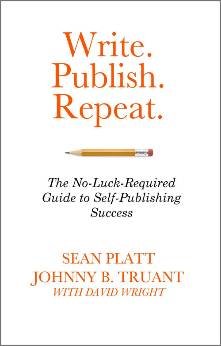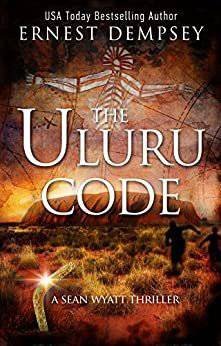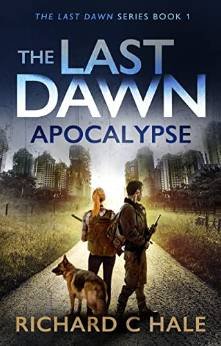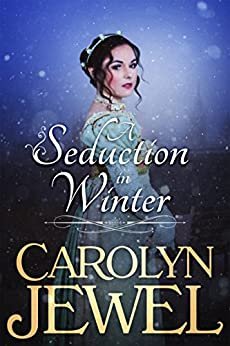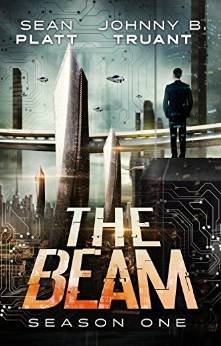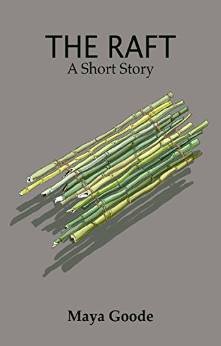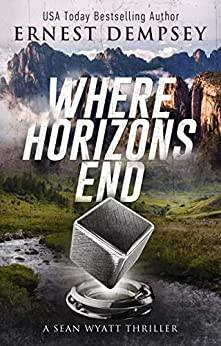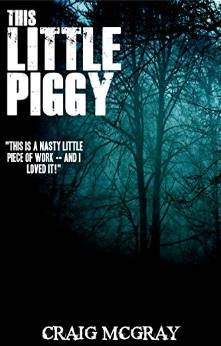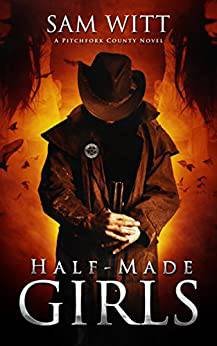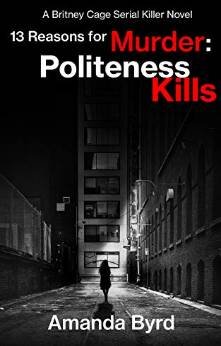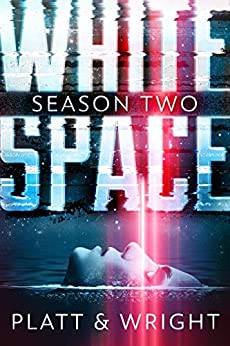You've finished your book. What’s next?
At last, your story is complete—so you think.
But your next step will affect your newly finished manuscript forever.
Think of all those months, maybe years, that you poured into creating this lush world that you can’t wait to get in front of readers. Are you really going to send it out into the world without having a professional editor analyze it?
Are you sure your story doesn’t have any plot holes? Is your pacing strong enough to sustain the story? Are your voice and tone appropriate to the book? And what about your characters? Are they unique, and do they each speak in their own voices? Do their conflicting motivations resolve in ways that are true to your story?
Invariably, these questions lead to others: Where do I find an editor? Which type of editing do I need? What does a book editor even do?
That, dear author, is where I come in. Your questions are understandable because like the seemingly esoteric alchemy that is writing a novel, the craft of editing one is rarely understood.
Like I said, that’s where I come in.
As you can see, I’ve edited a wide variety of books, a number of them from best-selling authors. Because I have either written or edited every kind of tale imaginable. I know what makes for great storytelling, and I know how to get readers to pay attention to yours.
Because definitions vary and some types of editing can overlap, here’s how I describe the packages and services I offer:
Substantive Edit or Comprehensive Edit (Mistakenly Called a Developmental Edit)
What is often incorrectly referred to these days as a developmental edit is actually the substantive edit, or comprehensive edit, and is a thorough, top-to-bottom examination of every aspect of the book. It’s a complete analysis of your story and how you tell it from both thirty thousand feet up and as far below as I can dig.
Formalized by the late, great Max Perkins (editor to Ernest Hemingway, Marjorie Kinnan Rawlings, and Thomas Wolfe, among others), this editing is the deepest of examinations into, under, and through your book, intricately examining your narrative, your plot, your characters, your worlds, and whether all ideas, concepts, relationships, stakes, and consequences in your book have fully developed.
Substantive editing is what most authors think of when they picture a sort of manuscript x-ray that inspects all aspects of their writing and how, or whether, those parts and features work together. Substantive editing looks at big-picture considerations such as plot weaknesses, lags in your pacing, choppy or uneven paragraph or sentence structure, and inconsistencies in your action or dialogue. But I also inspect your manuscript line by line. I ensure that how you tell your story ensures your meaning is clear, your writing flows well, and your words are as perfectly assembled as possible.
Additionally, I pore over every mark, every word, every phrase, every clause, every sentence, every paragraph, and every page you’ve written to ensure they’re built solidly, that the book accomplishes what you want it to, that your characters are unique and alive and work together to serve the story, and that your mechanics, syntax, and style interlace to push the story forward.
Your substantive/comprehensive edit includes checking for:
Narrative Structure and Execution
Narrative Flow
Plot (and Any Holes Therein)
Pacing
Overall Structure and Style
Chapter Structure
Paragraph Structure
Sentence Structure
Clarity and Coherence
Opportunities to Elevate and Tighten Your Writing
Voice
Tone
Character Development and Arc
Dialogue
Action
PLUS, your substantive/comprehensive edit also includes
a meticulous inspection of:
Grammar Errors
Spelling Errors
Punctuation Errors
Usage Errors
Missing Words, Phrases, or Ideas
Basic Formatting
Jargon and Clichés
Consistency in Names of People, Places, Creatures, and Things
All Errors-in-Fact
Finally, your substantive/comprehensive edit also includes:
Scores of notes about all aspects of your book, what works, and how to fix what doesn’t. I provide suggested revisions (from sentences to entire sections) that read as if you had written them, and I give you lots of options.
Scores of tips, tricks, and techniques I’ve learned in my career for how to maximize your power and efficacy as a writer and storyteller, including real-world examples you can use today.
A full, written critique, called an Editorial Letter, of both your novel and your strengths and weaknesses as an author, plus advice and consulting on further development—minimum five pages.
A Final Read-Through that examines your corrections and decisions based on my earlier advice and serves as a final pass through each aspect of your book. The Final Read-Through takes place after the longer first round of editing and typically takes one to two additional business days after you’ve made your changes.
A typical substantive/comprehensive edit costs $.04 per word.
Copy Edit
What some mistakenly call the simplest form of editing, a copy edit is actually a detailed, technical edit to make sure your writing is as tight and consistent as possible before you send it out into the world.
A copy edit is a final step mainly reserved for manuscripts that have already been thoroughly examined and revised in a line edit.
Never in my career have I seen a book that needs “just a copy edit.” Not even from my best-selling clients.
Your copy edit includes relentless checking for:
Grammar Errors
Spelling Errors
Punctuation Errors
Usage Errors
Missing Words
Basic Formatting
Consistency in Names of People, Places, Creatures, and/or Things
Basic Errors-in-Fact
A copy edit costs $.03 per word.
Words are fire. They’re power and light. Don’t hide yours under a sloppy edit.
Contact me below for a full estimate.
Together, we can build an editing package that meets your needs at a price you can
afford.
*All new clients take 20 percent off their first project with me. Referrals get you another 10 percent off.
